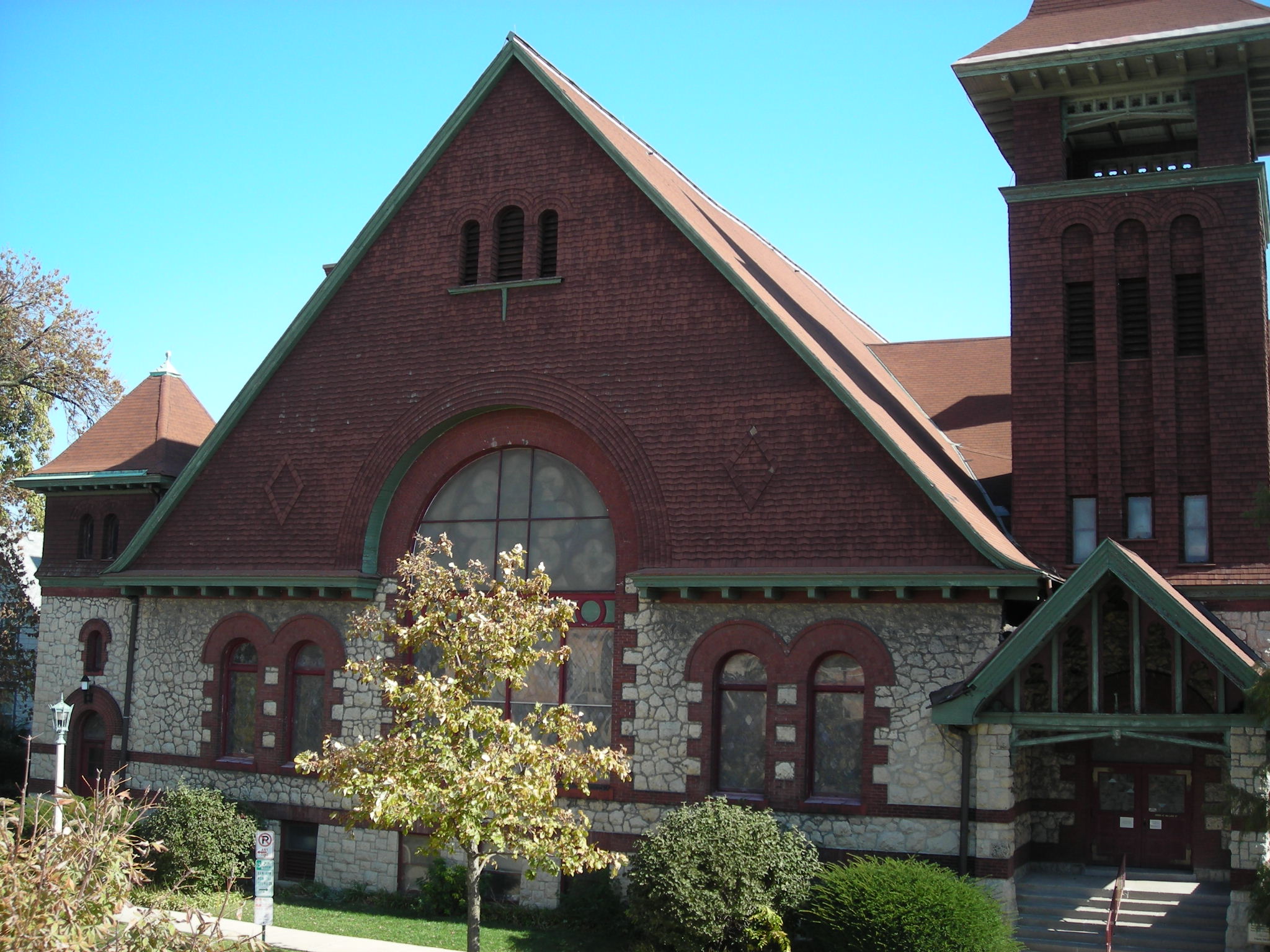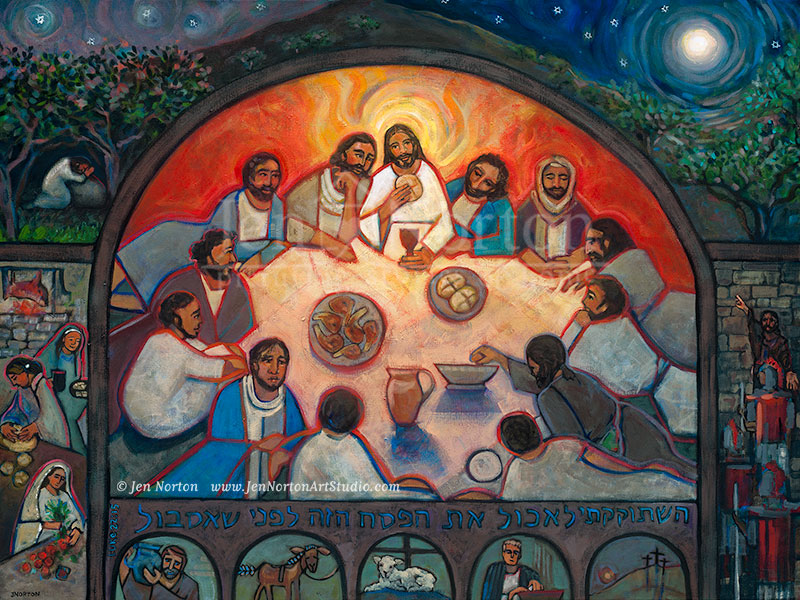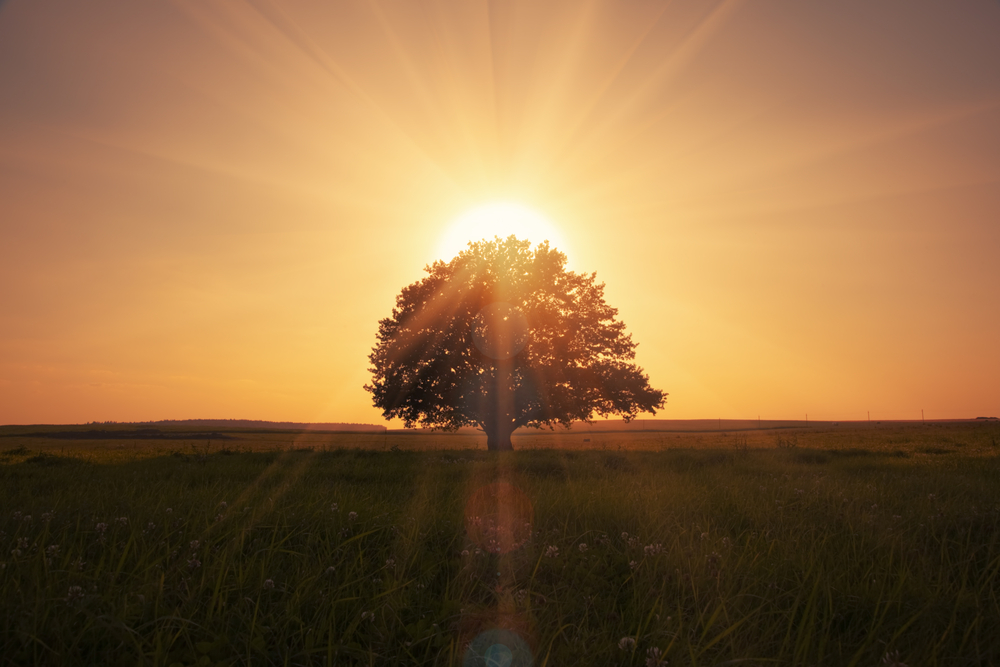
Following Our Ancestors
During the past weeks, I’ve been thinking about my elders, meaning the wise older folks I grew up around in church. As a Boomer, I grew up around people who’d been through quite a bit: a devastating Depression, widespread material insecurity, a global war and ripple-effect conflicts in Asia, very real threats of nuclear attack, cultural upheaval, outbreaks of polio and other infectious diseases, presidential scandals, and terrorist attacks by homegrown villains—and that’s just the short list. It also doesn’t include many personal disasters that were no less devastating.
But I’ve not been dwelling on their tribulations so much as recalling how they responded to crisis in a surprisingly consistent, intuitive way. When trouble came, they quoted the Psalms, usually in the florid “biblical” language of the King James Version.
In thee, O Lord, do I put my trust… Lead me to the rock that is higher than I… In the time of trouble he shall hide me… God is our refuge and strength, a very present help in trouble…
How did they know these verses so well to have them in ready reach? Their parents and grandparents quoted them, and their parents and grandparents quoted them, going all the way back to the ancients who sang these songs and prayed these prayers.
The Psalms are, in many ways, our ancestral legacy. They rejoice in God’s beauty and power and care, even as they paint compelling portraits of human lives and communities. The psalms often tell ugly and disturbing stories: wars and famines and widespread disease visited on communities while doubt and unfaithfulness and profound (in some cases nearly neurotic) anxieties tear at the writers’ hearts and minds. Danger and distress are all around in the Psalms. But that’s not all. God is there too.
That’s why it’s wisest, I think, to consider the Psalms as much more than a hymnal. It’s a prayer primer, a priceless example of how to pray in time of peril. In fact, it’s commonly assumed the Psalms’ durability is rooted in their prayerfulness. The majority of the poems are either laments or supplications, and even those of “praise song” variety regularly turn their hearts toward prayer.
Maybe the reason our ancestors loved the Psalms so much had less to do with their poetic beauty and more to do with their prayerful pragmatism.
In my distress I called upon the Lord, and he heard me, one of the psalmists wrote. In times of peril—even today—that’s a wonderful and necessary reassurance.

Join us this coming Thursday at 7:30p CDT as we being a new, life-giving series called “Praying the Psalms.” We will meet each week via Zoom. You can access the study at
https://us04web.zoom.us/j/564427274?pwd=WnhETHQ2Rzltc1A2SXFmTnU0ODkwUT09
Meeting ID: 564 427 274, Password: 318652
Or you can dial in at:
1-312-626-6799 and then enter the ID and password information when prompted.
We need your help!
As we think about the future of Gather, please let us know what gifts you bring and would like to share with the community. There are many roles that have to come together to make Gather happen every week. This includes setup, technical support, worship, managing handouts and information, coordinating drinks, and teardown. We need your help. Please let us know what type of service you’d be interested in!
Watch God Work,
Tim & Shea
As we prepare to become a vibrant worshipping community, we invite you to enjoy a Spotify playlist that captures the kind of worship we hope to embrace. Give it a spin while you’re driving. Make it your workout jam. Add it to your devotional time. Most of all, feel yourself becoming part of a sacred village of believers who love their God and one another!
Check out the Gather Worship Playlist here.










